Basra, Aug 20 (V7N) – Iraq is experiencing its worst drought since 1933, with experts warning that the situation in the south, particularly in Basra, will worsen unless urgent measures are taken. According to reports from Al Jazeera, the flow of the Tigris and Euphrates rivers has decreased by around 27 percent due to low rainfall and upstream water impoundment. These rivers flow from West Asia and merge into the Persian Gulf.
Extreme Misery in Basra
The southern city of Basra, Iraq’s main port and oil hub, is facing a humanitarian disaster. Home to roughly 3.5 million people, the city suffers from weak water management and the effects of climate change. Many families rely on daily tanker water deliveries to survive. Local resident Hassan Raykan said he walks several kilometers each day to collect water, adding that the surrounding water is polluted and can cause skin diseases.
Rising Salinity and Pollution
Saltwater is gradually creeping towards Basra from the Persian Gulf via the Shatt al-Arab River, increasing water salinity. Oil pollution, agricultural runoff, and sewage have further deteriorated water quality. The Mihayla Desalination Plant in Abul Khasib district currently purifies 72,000 cubic meters (19 million gallons) of water per day, serving about half of the district's residents. However, the river's salinity has reached 40,000 TDS, making water unsuitable for agriculture.
Loss of Biodiversity
Water resources expert Alaa al-Badrani said that 26 to 30 species of marine life have gone extinct in the Basra region due to high salinity. The local ecosystem has become inhospitable for both freshwater and saltwater species.
Political and Regional Challenges
Researcher Haider Al-Shakeri from Chatham House highlighted that Iraq’s water crisis is exacerbated by upstream control by Turkey and Iran, as well as domestic corruption and political interests. Experts recommend reforms at both domestic and regional levels, including the creation of a national water diplomacy organization to monitor river flows, coordinate among provinces and the Kurdistan Region, and safeguard Iraq’s interests in international negotiations.
END/AJ/SMA



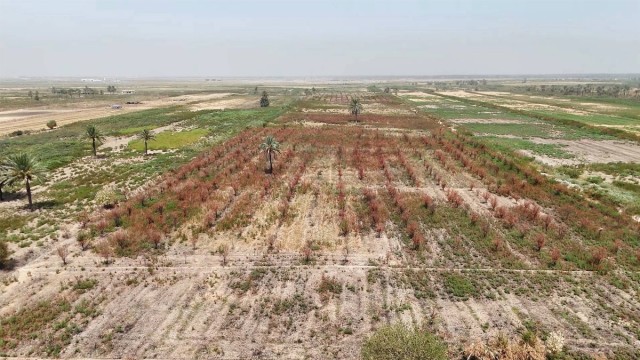


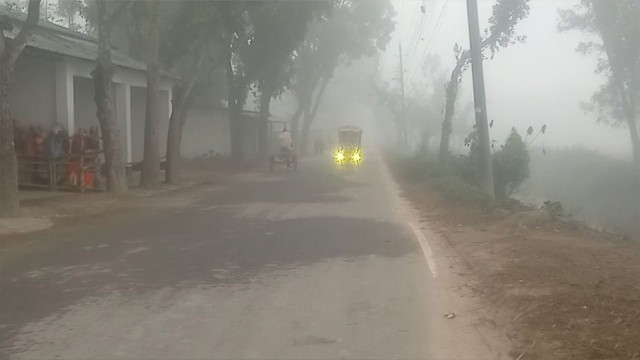

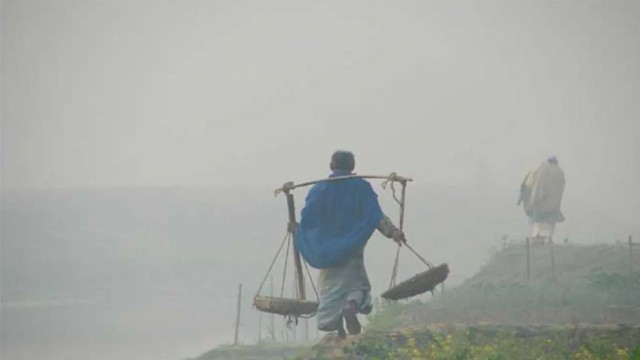
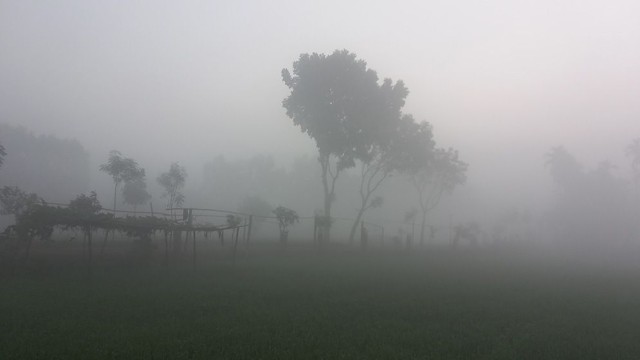





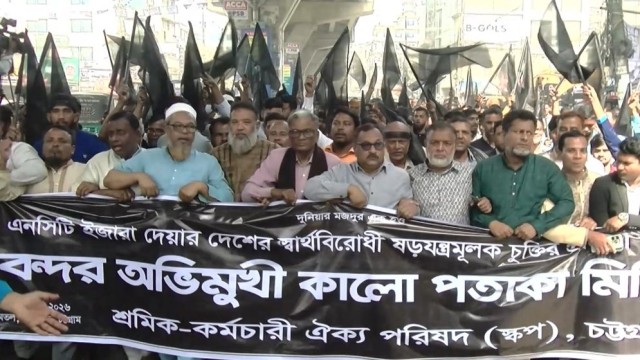
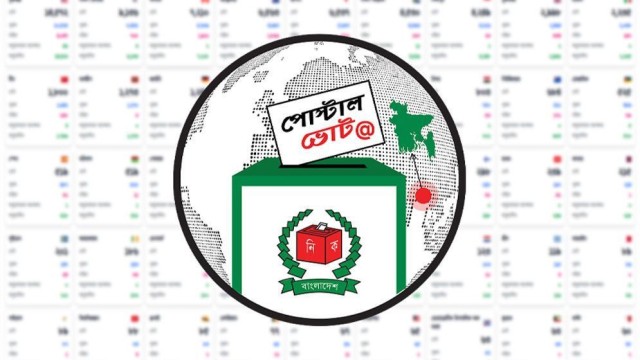
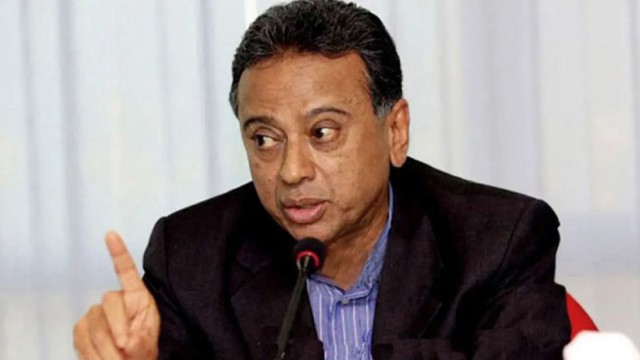










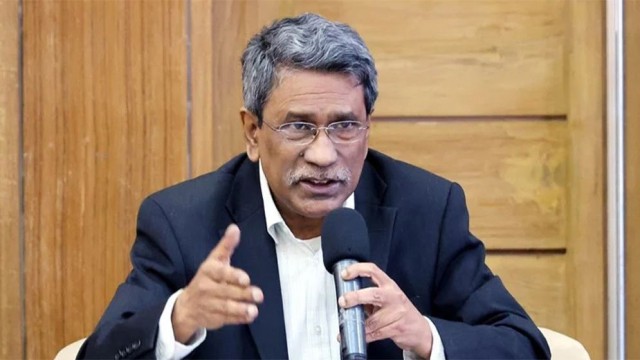
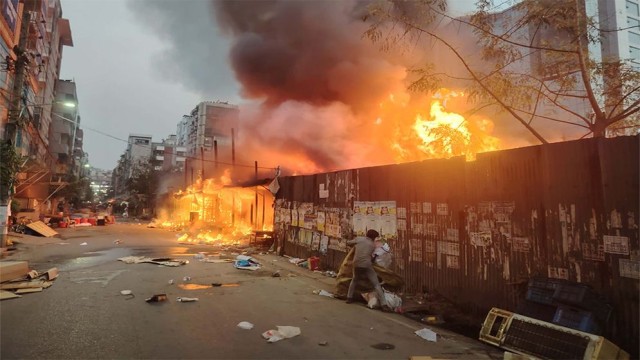

Comment: